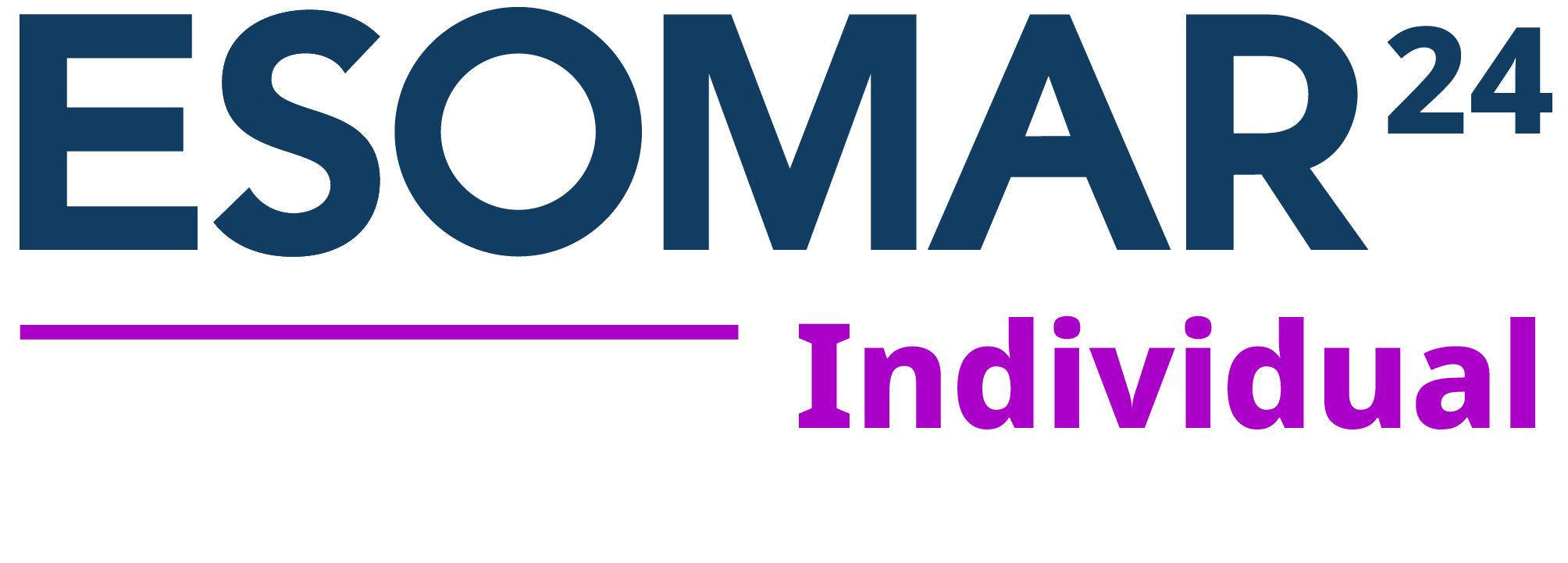Living costs and health remain leading prompted issues as concern about housing and interest rates continues to rise.
Amid rising food and energy costs, and with continued interest rate rises plunging more households into mortgage stress, cost of living remains the most important issue Australians want the Federal Government to focus on (43% unprompted mentions, 75% prompted). Living costs remain the dominant issue among 18-54 year olds but sit slightly below health and ageing concerns among older adults.
While hospitals, healthcare and ageing continues to be the second most important issue to Australians on a prompted basis (58%), it is now slightly less top of mind (26% unprompted, down from 31% in February).
Overtaking health as Australians’ second highest top of mind concern is housing and interest rates. This has recorded its second consecutive increase (from 26% to 33% unprompted mentions, 46% to 53% prompted) as Australians continue to grapple with the impacts of 12 mortgage rate rises in just over a year and the worsening rental ‘crisis’.

After its first year in Parliament, the Albanese Government maintains a positive overall performance rating (index score of 52, unchanged since February).
Foreign affairs and trade (index score of 55) has been a key area of improvement since the Albanese Government took office. Amid efforts to strengthen our key bilateral relationships, community perceptions of performance have steadily improved since the previous Government (index score of 49 in March 2022).

However, the Labor Government has yet to make any headway on the top issues Australians want them to address, with its performance rated below ‘average’ on cost of living (index score of 29, down from 31 in February), housing and interest rates (index score of 30, down from 33 in February and 36 in October) and hospitals, healthcare and ageing (index score of 40, unchanged).








